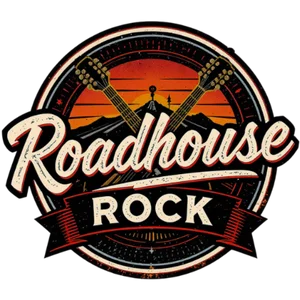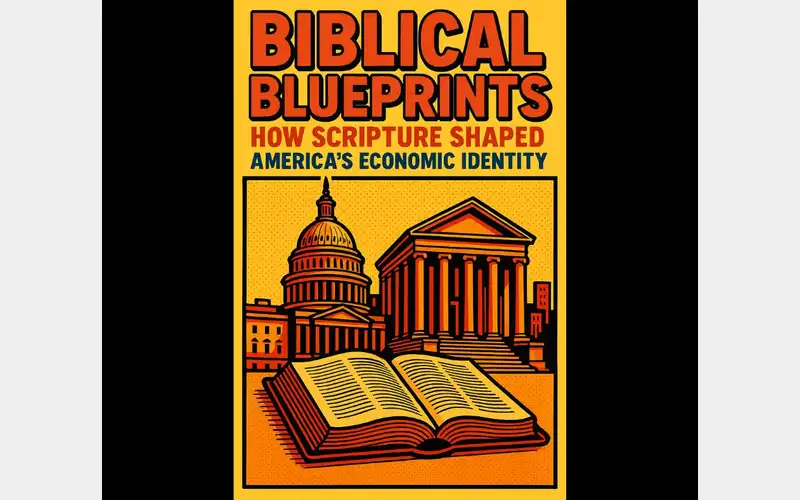At 103 The Bent, we love digging into the stories behind our nation’s origins—and today, we’re diving deep into a topic that’s at the foundation of our society: how the Bible influenced America’s early approach to government and economics.
Scripture and Government: More Than Just Guidance
Throughout the Bible, various forms of government are acknowledged, but historians and theologians alike point out that Scripture consistently endorses one type above the rest: a system built around individual responsibility and accountability. The same can be said about economic systems. While the Bible recognizes different models, it—alongside the lessons of history—clearly discourages collective ideologies like socialism, instead supporting what we know today as the free market.
The Shadow of Socialism in Early America
It may surprise some listeners to learn that socialism—known then by other names like collectivism, progressivism, and social democracy—was the original system practiced by the earliest American colonies. In these communities, everything produced by individuals, whether crops, capital, or profits, was equally divided and shared. There was no competitive drive, no reward for outstanding performance, nor consequences for falling short. The collective, not the individual, was the top priority.
But this approach did not deliver the utopia colonists hoped for.
The “Starving Time”: Lessons Learned the Hard Way
During one of the most harrowing periods in Jamestown’s history—the infamous “Starving Time”—the consequences of socialism were stark. Colonists refused to work for themselves, relying instead on the labor of a few, whose output was split among all. It was only after tough lessons, including nearly catastrophic famine, that leaders looked to Scripture for answers.
John Smith, Jamestown’s governor, famously invoked 2 Thessalonians 3:10: “If anyone is not willing to work, neither should he eat.” In sharp, confident terms, Smith insisted it was unreasonable that the efforts of a few should sustain the many idle. Under his leadership, the colony’s policy shifted: individual responsibility and work ethic became central.
This biblical mandate led Virginia to abandon collectivism in favor of a free-market system—a move historians credit with saving the colony.
The Biblical Backbone to America’s Free-Market Ethic
It wasn’t just 2 Thessalonians guiding them. In Plymouth, 1 Timothy 5:8 was pivotal: “If anyone does not provide for his own, and especially for those of his household, he has denied the faith and is worse than an unbeliever.” These principles formed a backbone for the economic systems that soon flourished in the colonies.
America’s Founding Fathers furthered the vision. Thomas Jefferson captured the essence: government should prevent harm, allow people to freely pursue industry, and “not take from the mouth of labor the bread it has earned.” In other words, hard-earned profits belong with those who do the work.
Clearing Up the Confusion: Does the Bible Endorse Socialism?
Despite this clear biblical emphasis on individualism and the free market, some point to passages like Acts 2:44-45 for evidence of socialism: “And all those who had believed were together and had all things in common…” But biblical scholars clarify that these were voluntary acts of generosity among early Christians—not government-enforced redistribution. The difference matters.
America’s Economic Roots: Grounded in Scripture, Proven by History
From the earliest days of settlement, Biblical principles steered America toward a system rewarding self-reliance, hard work, and individual achievement. The failures of early socialism weren’t just lessons learned; they were turning points, with Scripture lighting the way toward the free-market values that have since defined our economy.
At 103 The Bent, we’re confident in saying: faith and freedom are tightly woven into our national story. So as debates about government and economics continue today, it’s worth remembering where, according to both history and Scripture, America found its strength.

























